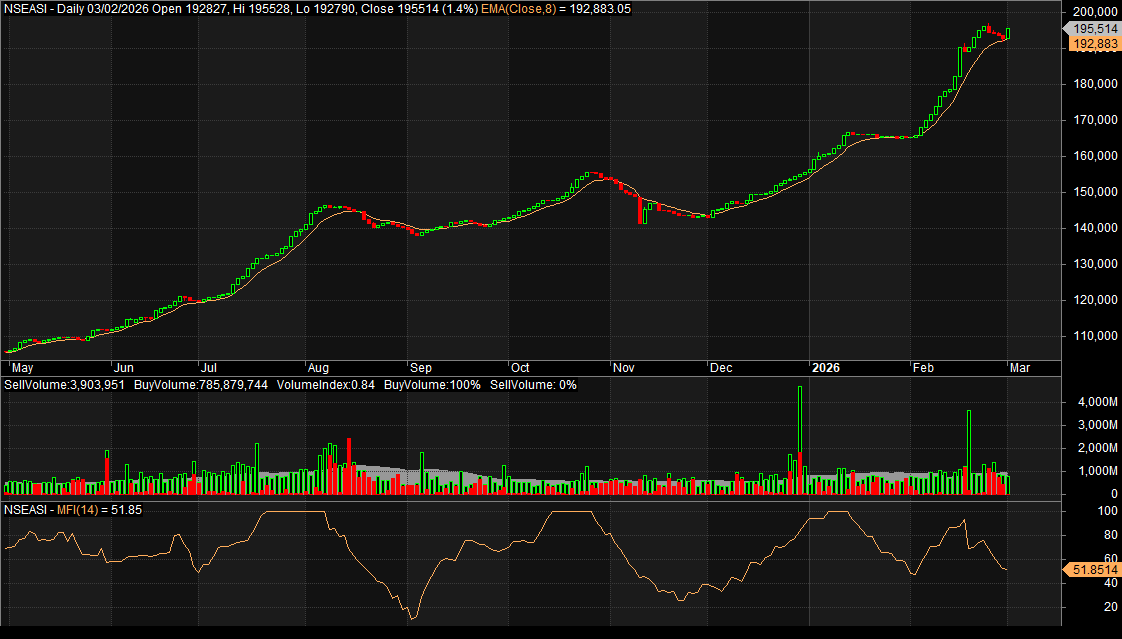
The managements of Access Bank Plc and Diamond Bank Plc, on Wednesday said they have received a “no-objection” letter from their primary regulator- the Central Bank of Nigeria (CBN) to continue with their ongoing merger.
Addressing a joint press conference at the Access Bank head office in Lagos, Herbert Wigwe and Uzoma Dozie, chief executives of Access and Diamond Bank respectively, assured that the Securities & Exchange Commission (SEC Nigeria), National Pension Commission (Diamond Bank owns a Pension Fund Custodian), as well as the Nigerian Stock Exchange (NSE) have been officially informed of the development.
The business combination, Wigwe noted, will be concluded before the end of June 2019, and that Access Bank has created enough buffer by way of capital to pull through without needing fresh capital injection.
Both banks, on Monday announced the signing of a Memorandum of Agreement (MoA) that will result in the combination of the separate entities, with Access Bank paying a total of N3.13 for shares of Diamond Bank, split into N1 per share and two shares of the emergent Access Bank for seven of Diamond Bank at the moment. The share exchange will result in additional 6.62bn shares to those outstanding in the resultant Access Bank.
Wigwe noted that post-combination, Access Bank becomes a larger and most diversified institution, comprising 33 point of sale (PoS) terminals, 3,300 automated teller machines, 677 branches and 27m customers, which make the biggest across Africa.
Access Bank’s strong wholesale and treasury businesses, he continued, will compliment Diamond Bank’s robust digital and retail market prowess that has remained unparalleled. For him also, there are Diamond Bank’s strong relationship with GSM companies with huge potential for the mobile banking and mobile wallet space.
Fielding questions on the usual trend of job loss that always occasion such business combinations, particularly staff of the acquired partner, Wigwe assured that unlike in the case of Intercontinental Bank, which was acquired under CBN management, Diamond Bank is a going concern and that there will be no job loss. Instead, he said staff of both entities will offer a pool of talent that will enable succession planning.
Staff, he assured will be retrained and retooled where necessary bringing them to the desired level.
The essence of the combination, according to Roosevelt Ogbonna, deputy managing director of Access Bank assured that it is strictly to create value for stakeholders and that value accretion remains the loan goal within the first year and then subsequently. Shareholders, he stressed, will be the significant beneficiaries.
To buttress the assurance that staff will be retained in the emergent Access Bank, Wigwe stressed that the structure with which Diamond Bank sustains its retail business will be transplanted.
He added that Access Bank, after series of business combinations since 2004, have learnt key lessons which will come handy in this situation, noting that mergers do not necessary result from the fact that one of the partners is trouble, but could be for size and scale.
For Diamond Bank, Dozie continued, it was a choice between recapitalizing alone, or seeking a complimentary partner, and that it opted for a partnership that will produce a bigger platform that will help maximize potentials.
“From a customer perspective, this is (will be) the largest on the continent… We can now offer loans to millions of people and (further) deepen financial inclusion.
“If Access and Diamond have found congruence, we are creating the largest powerhouse on the (African) continent,” he stressed further.
On the issue of Diamond Bank’s non-performing loans, Wigwe said prior to concluding the combination, all such toxic assets will be cleaned out, saying “no toxic asset is coming in…”
Still on maximizing shareholder value, the Access Bank boss said there is no reason to worry, as the value extracted from the emergent institution will reflect in its profit level, enough to service the increased number of shares arising from the combination.












